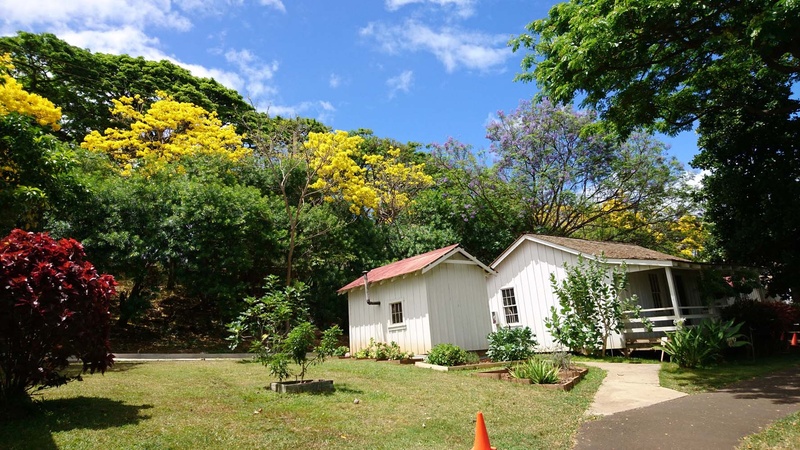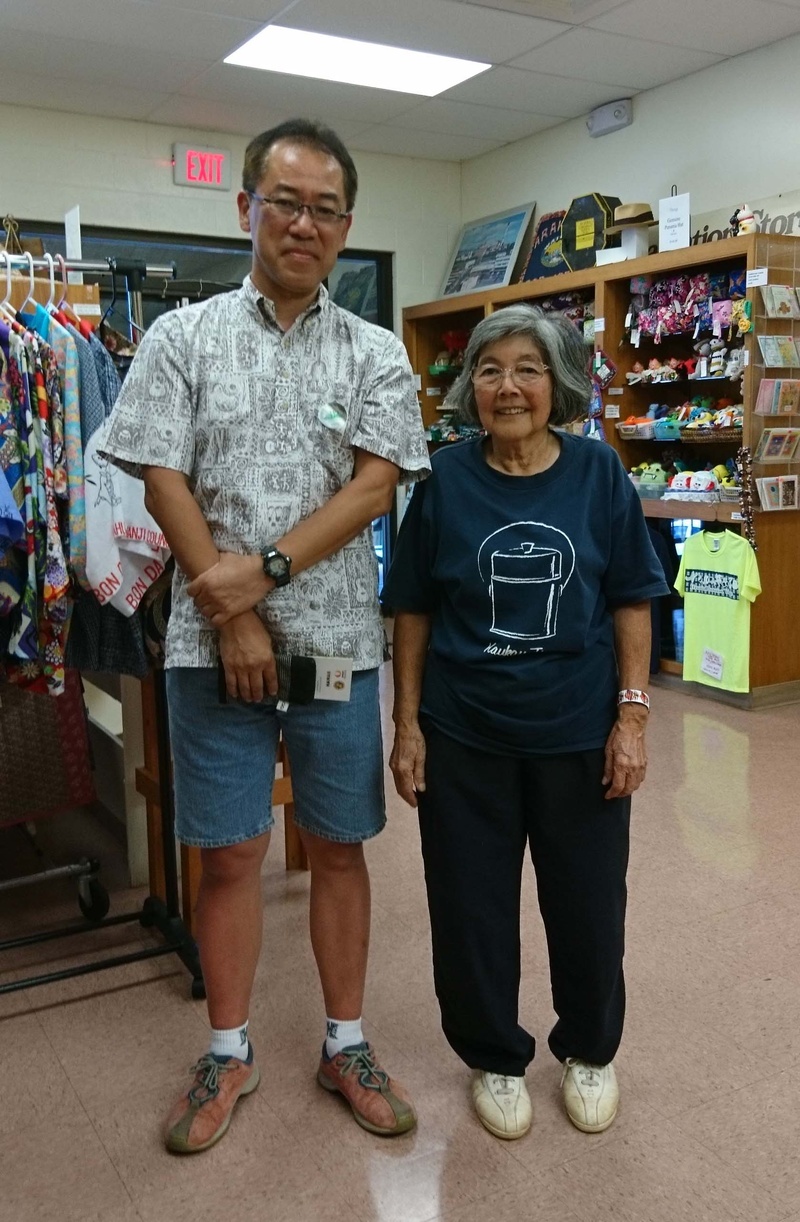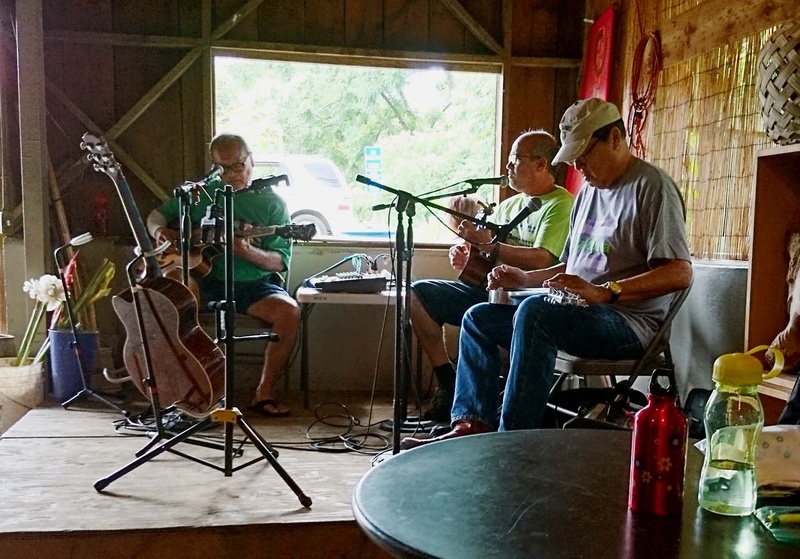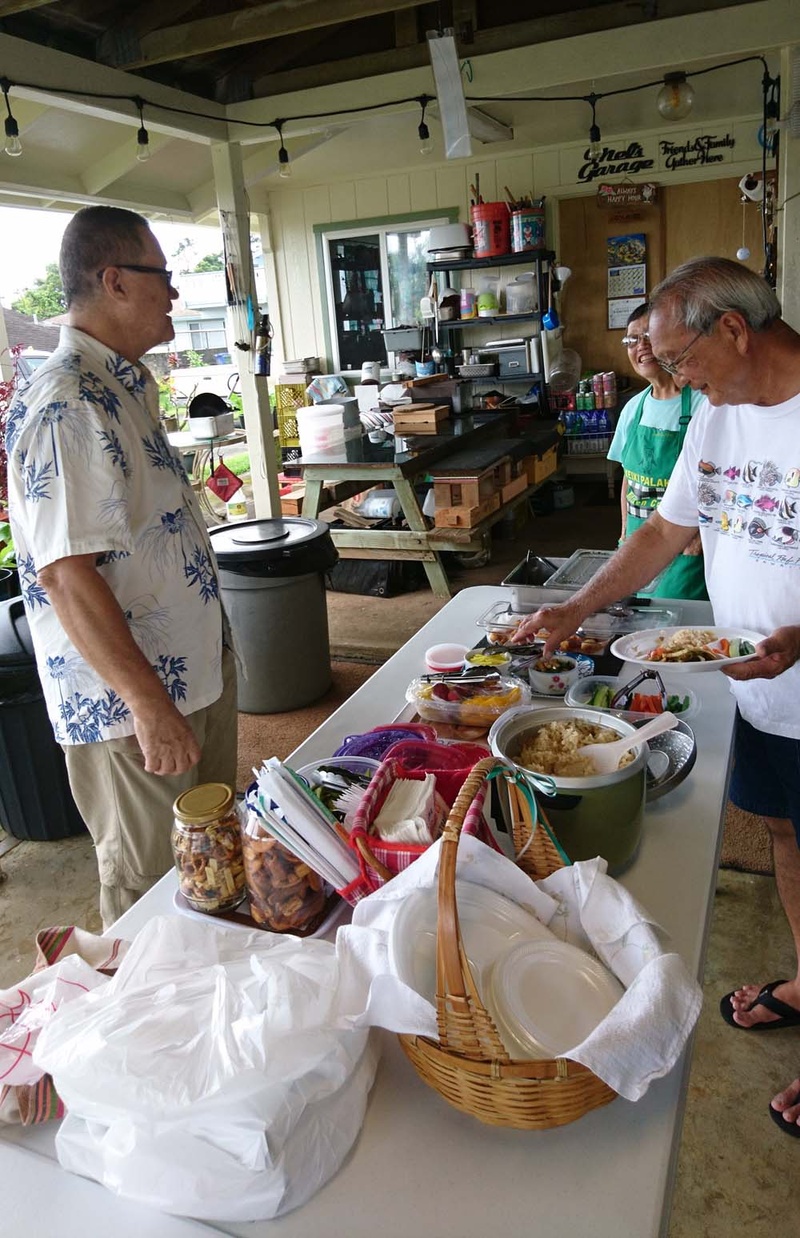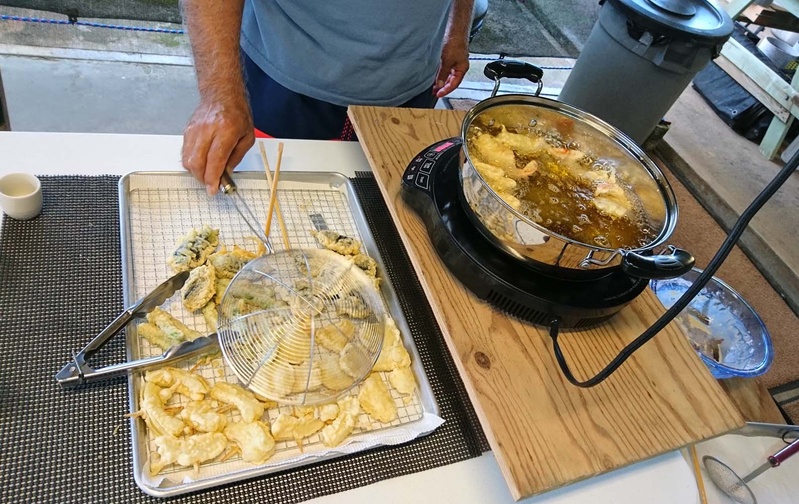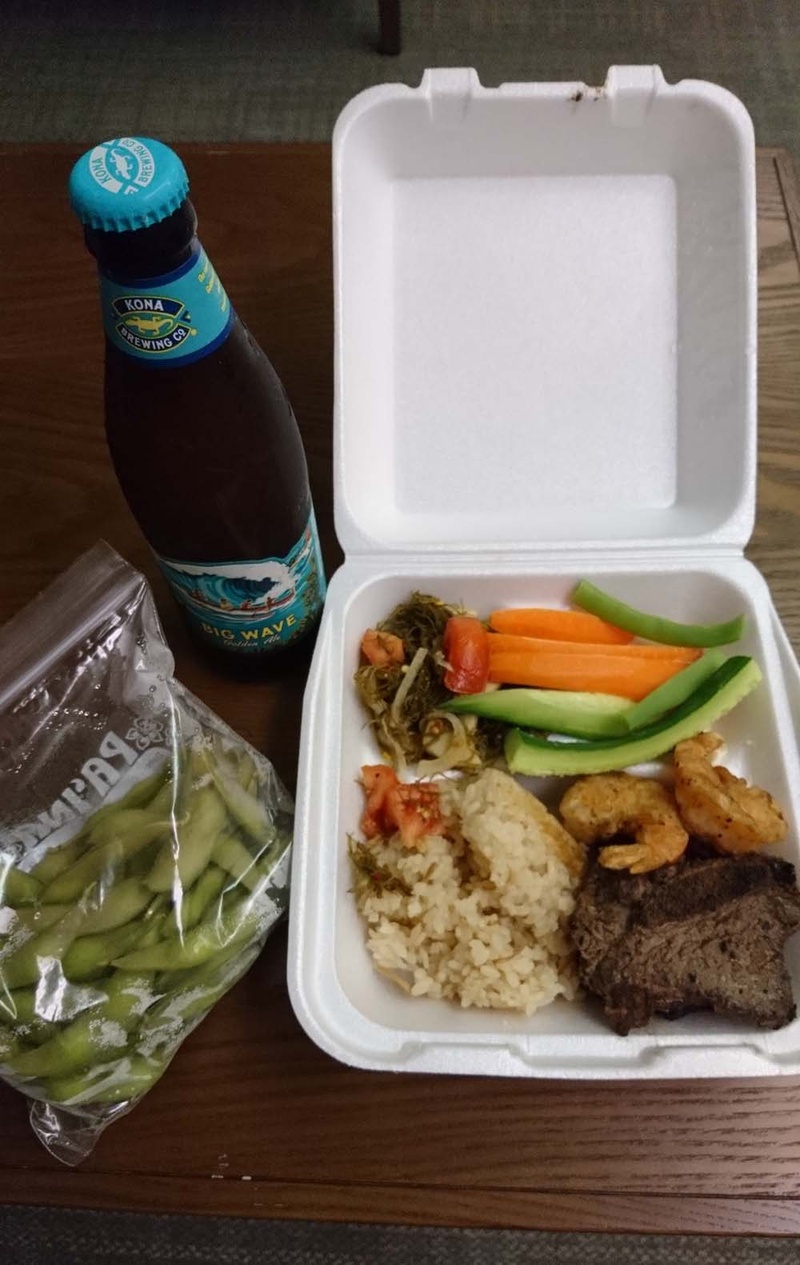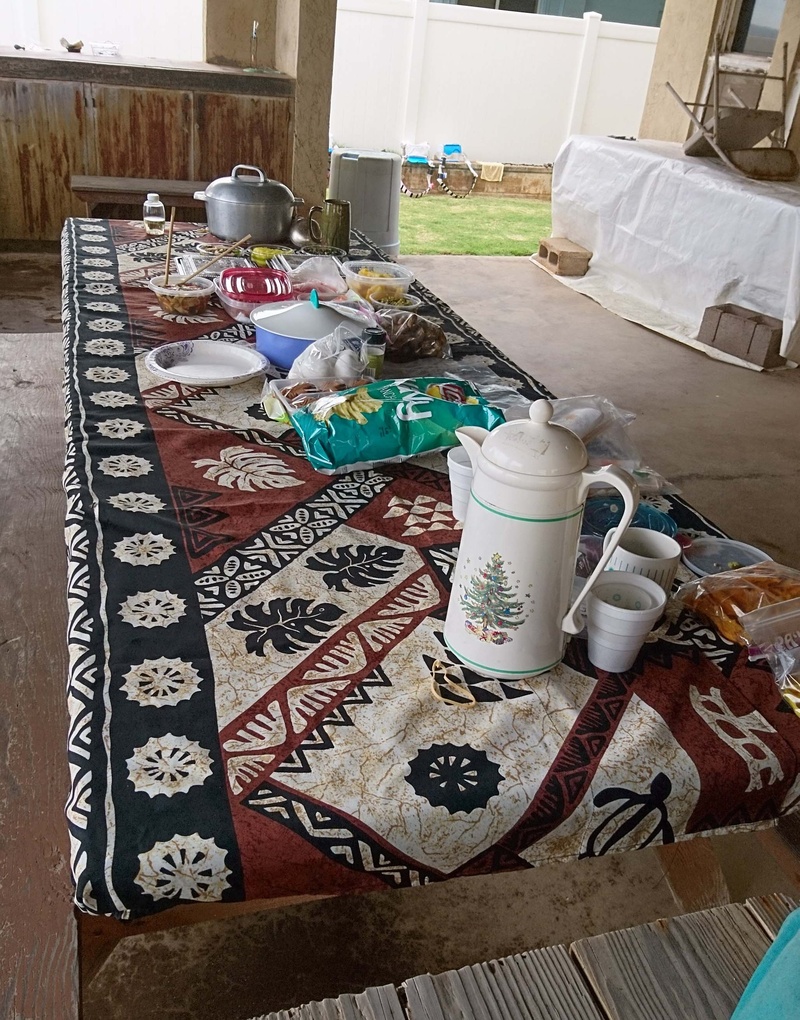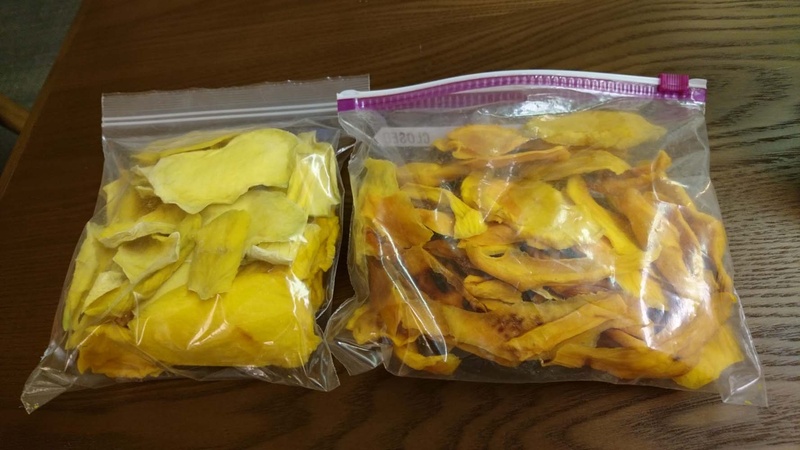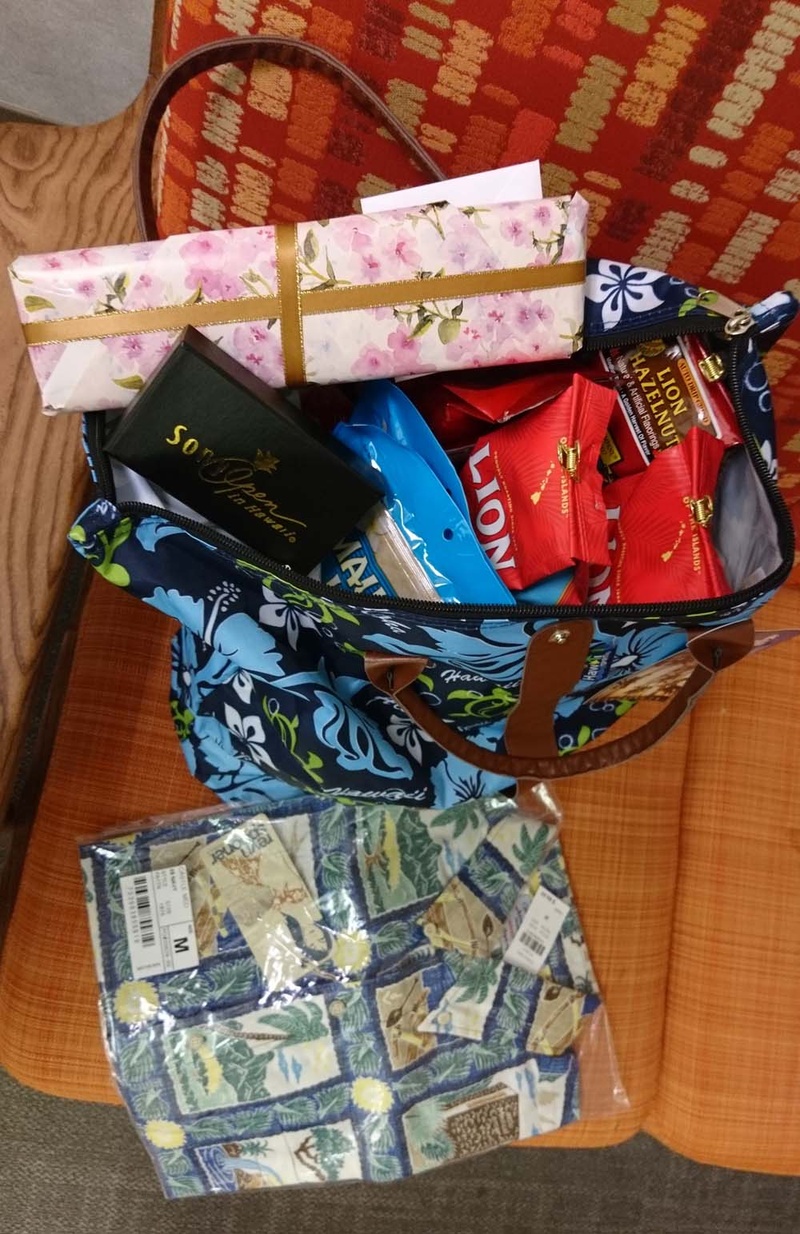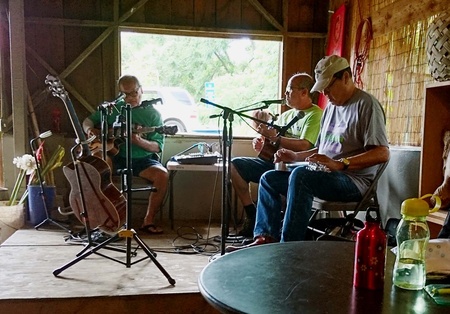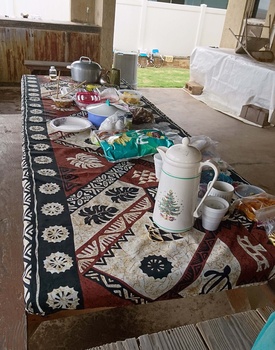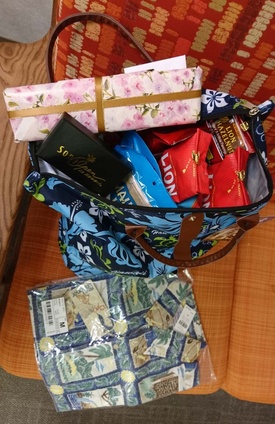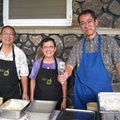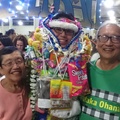This series of essays, in which I have written at a very slow pace about my own experiences with Japanese people and Japanese community in Hawaii, has now reached its 12th installment.
I had had a strong desire to visit Hawaii for 20 years since I was an elementary school student, and it was in the summer of 1996 that I first visited the country. I picked out someone from a mailing list for multicultural education, my specialty, who I thought was a Japanese person at the University of Hawaii, and contacted him. I received a quick reply, and was introduced to Professor Y of the Faculty of Education.
I headed to Hawaii half-believing, but things progressed smoothly and I ended up going to observe the University of Hawaii's teaching practice being held at K Elementary School, on the other side of Honolulu.
This marked the start of a relationship with Hawaii and K Elementary School that has continued for 23 years to the present day.
Diversification and Individualism
In the second installment, " Is dressing fashionable not stylish? ", I introduced some advice from M. "'Japanese people in Hawaii are diverse. You can't generalize all Japanese people in Hawaii.'" When I accepted to write this essay, M, a third-generation Japanese, gave me this serious advice first. Furthermore, M spoke about that diversity and diversification in his usual polite tone."
This experience sparked my interest in the diversity of Japanese people in Hawaii, and I began to carefully observe their relationships during my several visits each year.
In the 7th episode (part 1) , we looked at a muttered comment by M that "Japanese people can't live together." After listening a little more, it seemed that she meant that even family members who don't live together can't live in a place where they can see each other and spend their days happily. There is an expression, "a distance where the soup doesn't get cold," and it seems that Japanese relatives rarely live in the same neighborhood. I was born and raised in a very old village in Matsuyama City, Shikoku, so I was surrounded by relatives. When I was little, I was watched over not only by my mother and grandmother, but also by the women in the neighborhood during the day. I think that's why I'm still very popular with older women, not younger women. Having been raised like that, I couldn't immediately believe what M said.
In comparison with ethnicities of Chinese, Korean, and Filipino descent, I hypothesized that "linguistic assimilation (into English)" may be a major factor in the "diversification and fragmentation" of Japanese people in Hawaii. If people live their daily lives in their ethnic language, they will continue to live together with other people of the same ethnicity, and conversely, if they live together with other people of the same ethnicity, their ethnic language will be preserved. This is my prediction. I'm sure there has already been some research by experts on this, but I wonder what you think.
Let's look at it from another perspective. Suppose that people are beginning to place more importance on their Hawaiian identity as a common culture than on their identity as Japanese people. In that case, the framework of ethnicity becomes less important as a unit of unity. As a result, Japanese people may be becoming more diverse. Mixing is also progressing.
The Commonalities and Traditions of Japanese Hawaiians
Teacher A first appeared in this essay in the third installment, " T-shirts ." He introduced his efforts in explaining the role that school T-shirts play in schools.
She is a good supporter of my research, and she even gives me her own materials and papers, saying, "This should be helpful, so take it with you." She even held a teacher training session at her school on my research topic and let me participate. She is such a former National Outstanding Teacher.
As I was putting together these 12 essays, I wanted to talk to her again about Japanese people in Hawaii, so about a month and a half before I wrote this essay, I decided to go to Hawaii to meet her.
Although she had just lost her husband about six months ago, and her sister, who was one year older than her, a few days before, the usual cheerful teacher A was waiting for her at school. She is 73 years old this year, and her friend L has already retired, so she is the only one of her classmates who is still active in school.
After the usual small talk - what we were doing this time, what Japan is like now, what happened to family and relatives who had visited Japan, etc. - we moved on to the usual conversation about the Japanese community in Hawaii.
Many Japanese-Americans, including herself, have become teachers. It is no exaggeration to say that a large part of education in Hawaii has been carried out by Japanese-Americans. That day, we had a lively conversation about this tradition.
We started talking about the frequent crimes in Hawaii. It's not that there are no crimes committed by Japanese people, but compared to other ethnicities, the crime rate is very low. We then got to the reason why. Because Japanese people are honest. No, it seems it's not that simple. The majority of people of any ethnicity should be honest.
According to her, the reason is that "Everybody is involved with the family." In other words, Japanese people have strong ties with their families, and they are always thinking about whether their actions will bring shame to the "____ family."
I felt that there was a conflict between Professor A's opinion and Ms. M's point ("Japanese people are diverse, you can't generalize them all"), and I still can't fully understand the discrepancy.
Things were getting interesting, so I asked Teacher A a few more questions. "Do all Japanese people in Hawaii think like that?"
To which she immediately replied, "Everyone is like that." She continued, "We would never do anything that would bring shame to the XX family. This way of thinking should be shared by all Japanese-Americans. Our parents' (second-generation) generation was definitely like that, and so are we, the third-generation, and our children, the fourth-generation."
What he continued to say was interesting: "Try committing a crime. It would be a disgrace to the family. Your parents, siblings, relatives, and even your ancestors. It would bring shame to everyone. It would mean that your family's history would be completely denied, going back to the past, and you would become a family that is not taken seriously in the area."
The story continues: "L grew up in this town as the niece of a big F store. Her father was a famous leader in the community. She was a model student who was sociable from an early age. M (L's husband) is the same. There is no one who works as hard as him, and he is extremely sensible. They all grew up thinking about their family."
Isn't this the same logic as the Japanese and Nikkei cultures that believe that 'the sun will see you and punish you' that I mentioned in the fifth installment, "Japanese values that may be disappearing - the changing culture of Hawaii "? In that installment, I introduced the Nikkei people who are at their wits' end because the number of monster parents and parents with an "entitled" mentality (a sense of entitlement that they believe they should be given something) is increasing, and they are destroying the traditional culture and school culture of their communities. It is natural to want to maintain traditional values that are considered morally good even in the new era.
Even though Japanese people are becoming more diverse and individualistic faster than other ethnic groups, they continue to inherit strong traditions.
Following M's advice that "Japanese people in Hawaii are diverse," I became interested in how diverse they were, and when I looked into it, I found that Japanese people have lived for generations while upholding traditional Japanese beliefs. By looking for diversity, I was able to see the general commonalities and traditions shared by Japanese people.
However, I was not able to fully portray the diversity itself in 12 essays. Perhaps I will be able to pick up individual, specific examples and highlight their interesting and unusual aspects. If there are more essays to come, I would like to introduce them there.
© 2018 Seiji Kawasaki


